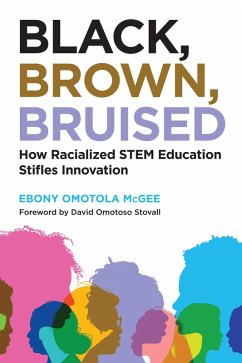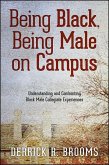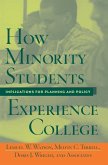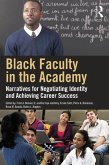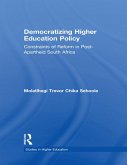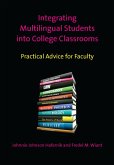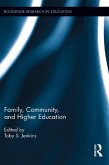2022 PROSE Award Finalist Drawing on narratives from hundreds of Black, Latinx, and Indigenous individuals, Ebony Omotola McGee examines the experiences of underrepresented racially minoritized students and faculty members who have succeeded in STEM. Based on this extensive research, McGee advocates for structural and institutional changes to address racial discrimination, stereotyping, and hostile environments in an effort to make the field more inclusive. Black, Brown, Bruised reveals the challenges that underrepresented racially minoritized students confront in order to succeed in these exclusive, usually all-White, academic and professional realms. The book provides searing accounts of racism inscribed on campus, in the lab, and on the job, and portrays learning and work environments as arenas rife with racial stereotyping, conscious and unconscious bias, and micro-aggressions. As a result, many students experience the effects of a racial battle fatigue-physical and mental exhaustion borne of their hostile learning and work environments-leading them to abandon STEM fields entirely. McGee offers policies and practices that must be implemented to ensure that STEM education and employment become more inclusive including internships, mentoring opportunities, and curricular offerings. Such structural changes are imperative if we are to reverse the negative effects of racialized STEM and unlock the potential of all students to drive technological innovation and power the economy.
Dieser Download kann aus rechtlichen Gründen nur mit Rechnungsadresse in A, D ausgeliefert werden.

